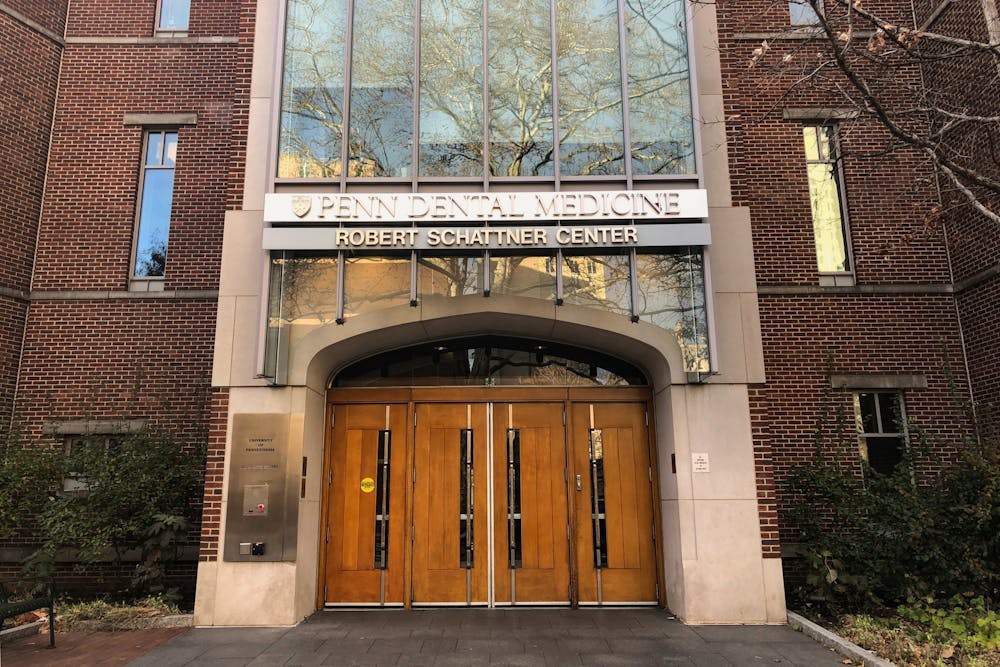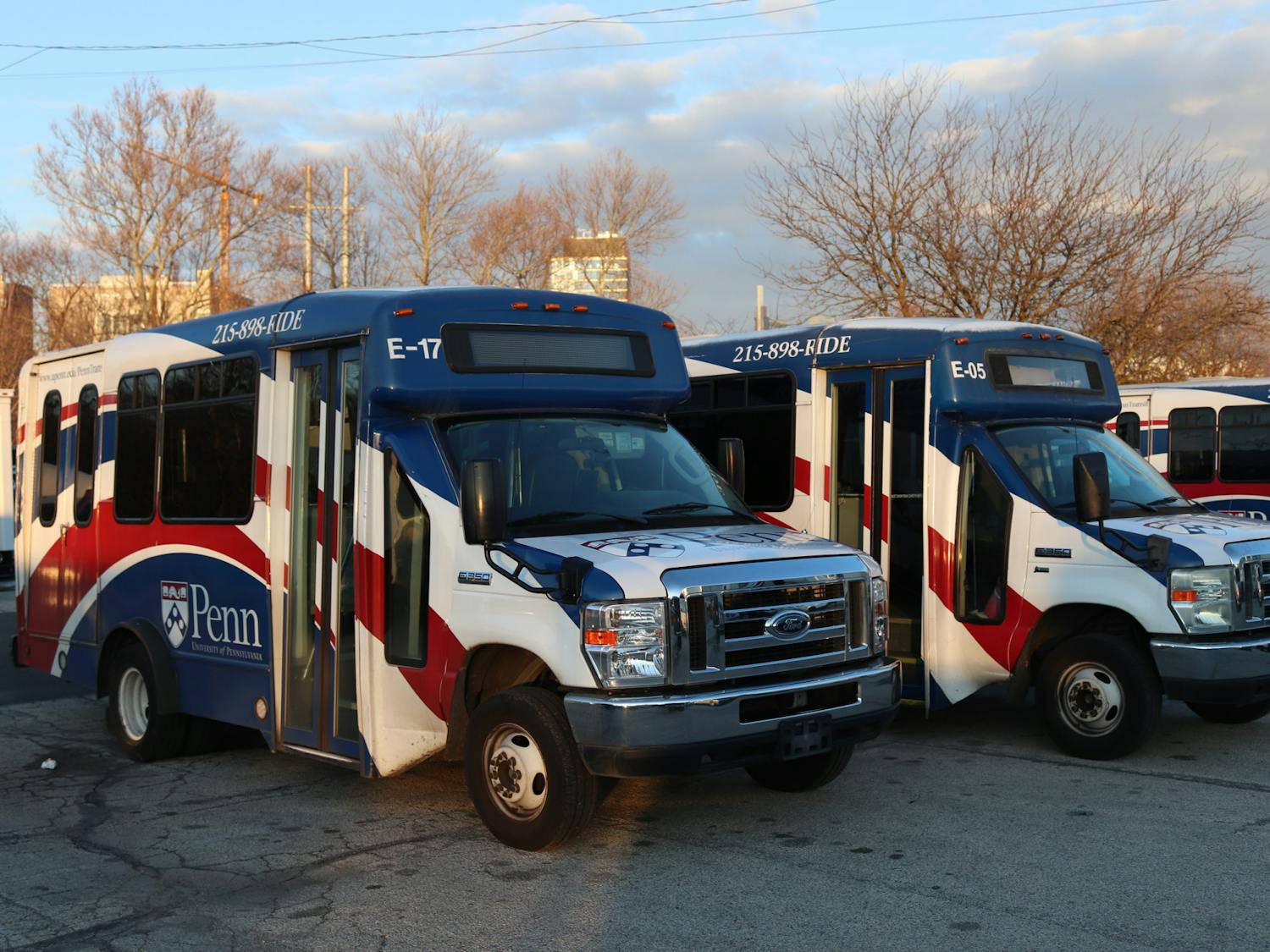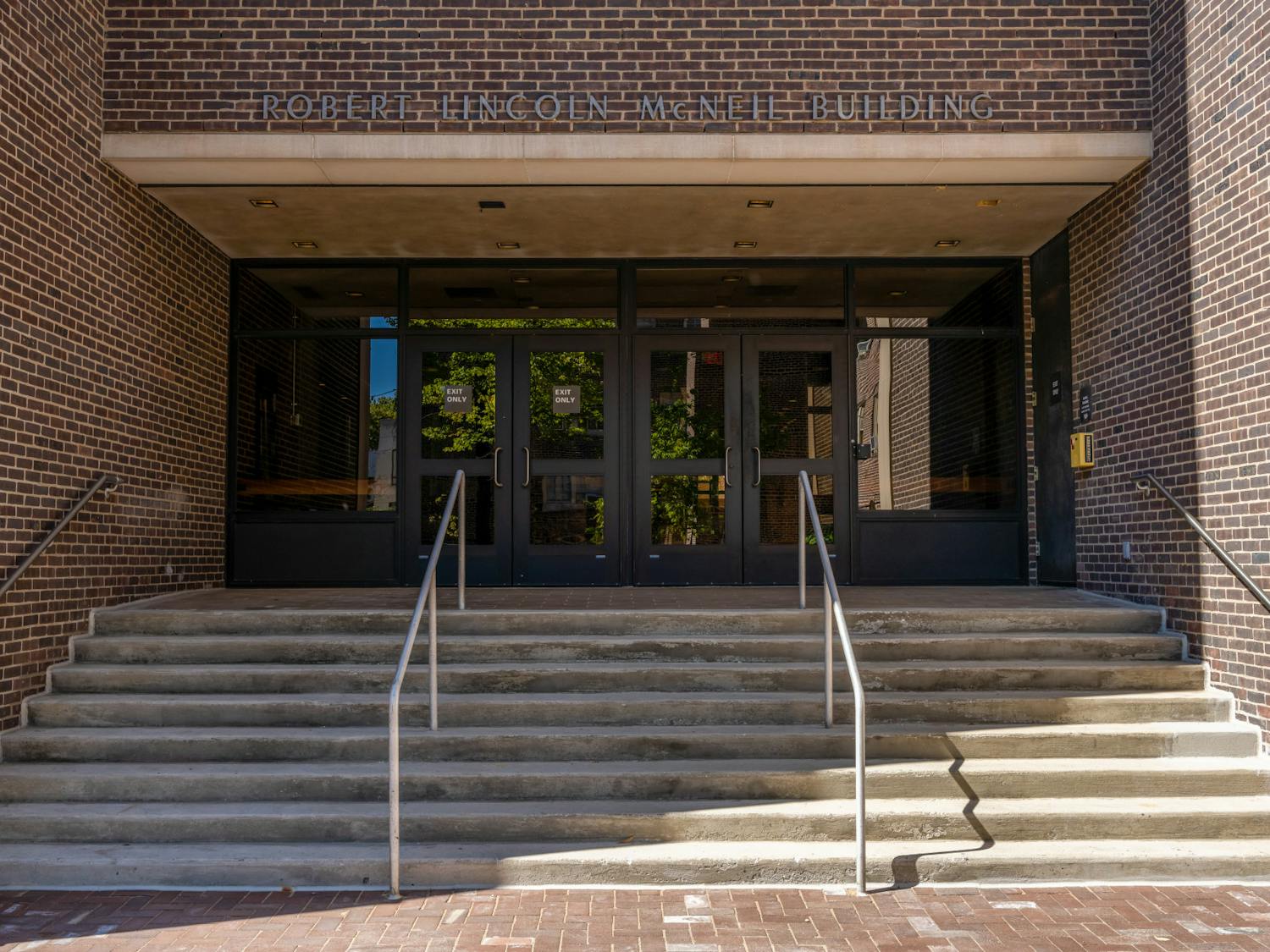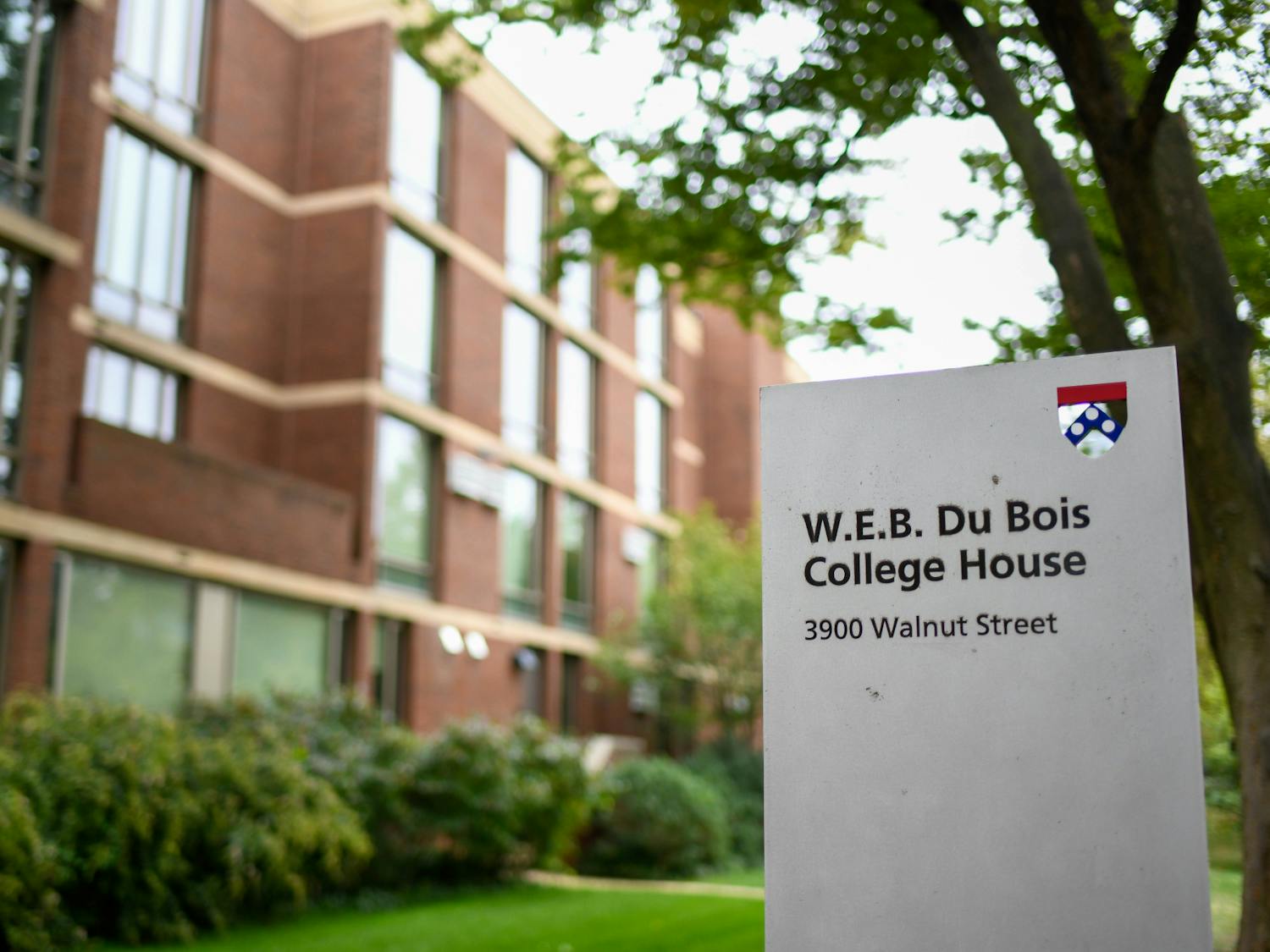Penn's School of Dental Medicine postgraduates recently won first place in the American Academy of Maxillofacial Prosthetic's poster competition at their 66th Annual Meeting in Miami for their study analyzing jawbone reconstruction techniques.
Graduate dental students Nupur Patel and David Kim conducted a study analyzing the difference between single and double barrel techniques for fibula free flap reconstruction of acquired jawbone defects. Fibula free flap reconstruction is a surgery in which the leg bone of the fibula replaces all or part of the jaw. Unlike single barrel techniques in this surgery, double barrel techniques has been found to help increase bone graft lengths and better fit dental implants.
Patel and Kim found that both single and double barrel techniques have limitations and benefits, but both techniques have similar success rates for implant survival post-surgery, Penn Dental Medicine reported.
The study, titled “Biomechanical Considerations for Prosthetic Reconstruction of Acquired Mandibular Defects with Free Fibula Flap: Systematic Analysis,” concluded that vascularized fibula free flap, which includes bone and muscle, is a versatile choice for treating segmented jaw structures, according to the Penn Almanac. However, more research about biomechanical and prosthetic considerations of fibula free flap reconstruction on mandibular defects is needed, the Penn Almanac reported.
Patel and Kim collaborated with Penn faculty members on their research, including Eva Anadioti, founding director of the Advanced Specialty Education Program in Prosthodontics, and Brian Chang, professor of Clinical Restorative Dentistry and of Clinical Oral Surgery and Pharmacology.
“We are so proud that Drs. Patel and Kim received recognition for their great work,” Anadioti told Penn Dental Medicine. “This study helps to illuminate treatment options and outcomes.”
Patel and Kim are residents of the Postgraduate Prosthodontics Program, known as Penn Pros. Penn Pros is an Advanced Prosthodontics residency program meant for postgraduates who earn a Master of Science in Oral Biology and a Certificate in Prosthodontics. The three year program provides a prosthodontics curriculum for residents interested in dental microscopy, maxillofacial prosthodontics, surgical implant planning, placement, and restoration.









